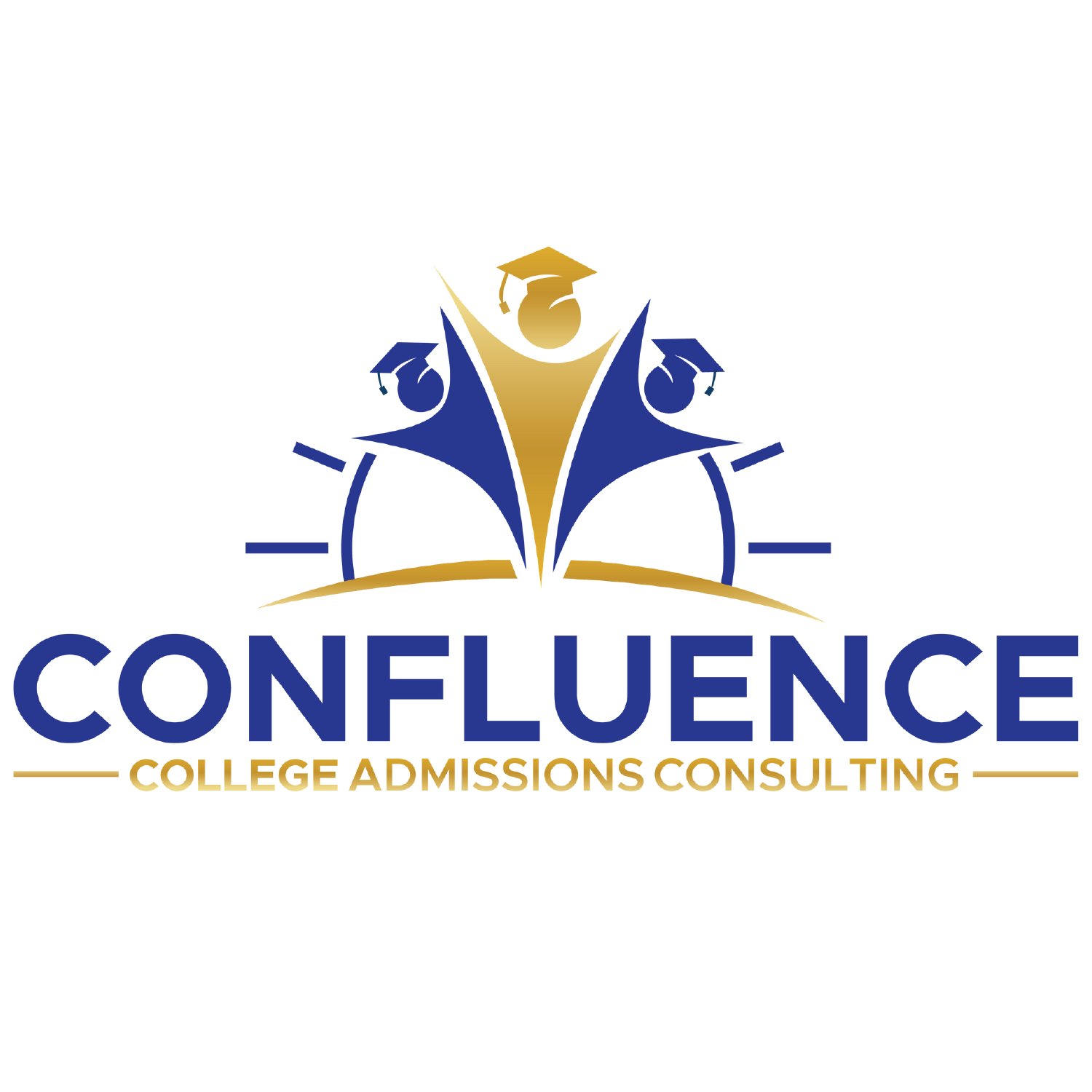The future of legacy admissions
In the wake of the Supreme Court's decision ending affirmative action in college admissions, a civil rights group is now challenging legacy admissions at Harvard University, saying the practice discriminates against students of color by giving an unfair boost to the mostly white children of alumni. The vast majority of Harvard's donor-related and legacy applicants are white, and being a legacy student makes an applicant roughly six times more likely to be admitted.
It's unclear whether or not the new Harvard case ultimately will have any impact on legacy admissions, or whether or not the Supreme Court will choose to weigh in. My own best guess, though, is that colleges and universities that value diversity and equity in their admissions process will have an increasingly difficult time justifying legacy admissions in a post-affirmative action world.
For most of my clients, I don't at this time recommend making any major changes to their college lists or their application strategy based either on the recent affirmative action decision or the possibility of legacy admissions being diminished or eliminated. The main scenario where I might recommend shifting one's strategy might be on the personal statement, where applicants have the option to tell about a personal circumstance or challenge that they have overcome. Depending on the individual student's experience, this could be an appropriate place to discuss one's race, ethnicity, disability, or some other identifier.
One final point: I expect legacy status—which already was being de-emphasized at some selective colleges following the 2019 Varsity Blues scandal—to continue its trend toward being a diminished factor in college admissions, especially at highly selective colleges. So if you've been counting on your student attending Dartmouth, Harvard, or Cornell because you or someone else in your family attended there or made a substantial donation to the college, it's likely that this tradition could be reduced, or eliminated altogether, in the near future.
If you'd like to learn more about college admissions and writing college essays, visit my website and schedule a free consultation today!
